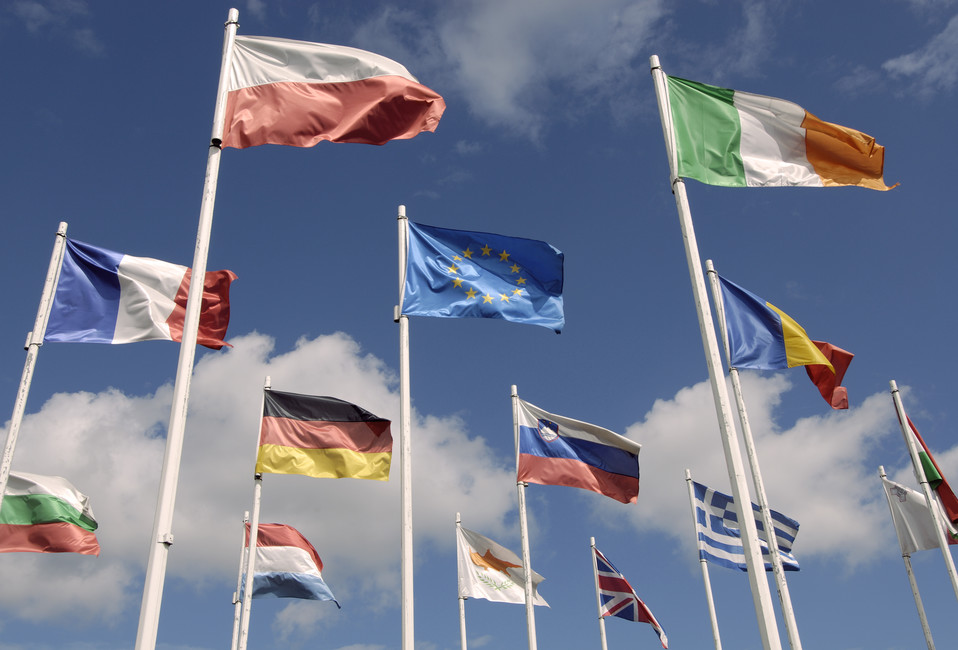Contents
COST, the European Cooperation in Science and Technology, is an intergovernmental initiative of 41 European countries launched in 1971.
COST enables researchers who already receive funding for their national research to connect and exchange knowledge in large networks within the context of COST Actions. Cooperation and exchange provide young researchers in particular with new insights and help them build their own networks. This gives major new impetus to their research and the advancement of their scientific careers.
The COST initiative is funded through the European Research Framework Programme. COST Actions generate strong partnerships and networks, which in turn initiate joint collaborative projects under the Framework Programme. COST opens the door to further European and international cooperation for many institutions and individual researchers.
The networks are set up for a period of four years. Funding is provided for specific networking measures such as
- Workshops and conferences
- Training Schools
- Short-term scientific missions
- Joint publications
- Websites on COST Actions
COST Actions operate in accordance with the following principles:
- Bottom-up: Researchers from all over Europe decide on the topics of COST Actions. The networks are frequently interdisciplinary.
- Inclusive: Stakeholders from all COST member states and beyond can participate in COST Actions and contribute their knowledge and experience to the network. This increases participation by young researchers in particular. COST pursues a gender parity policy and has more favourable participation rates than most other EU projects.
- Open: Researchers from all scientific disciplines can submit proposals for COST Actions. Not only universities and research institutions but also non-governmental organizations, local authorities, companies etc. can participate in COST. Furthermore, COST Actions are open to additional partners even after they have been launched and they are constantly changing.
COST and the European Research Area
COST is an important element in the European Research Area (ERA) because it facilitates networking between researchers in Europe. Roughly 45,000 researchers from all over Europe currently participate in COST. In particular, COST supports researchers from less research-intensive countries as well as young researchers from all disciplines.
COST also benefits German researchers: They gain access to scientific findings and know-how within and outside the EU and can expand their scientific network.
Small-scale results lead to major innovations
COST Actions have already produced many impressive results with a lasting impact. Many EU projects are based on COST networks. Specific developments and initiatives have emerged from COST Actions:
For example, the European Centre for Medium-Range Weather Forecasts in Reading, UK, emerged from the cooperation of several COST Actions. Based on the first COST Actions in the field of meteorology, it is still one of the world's leading providers of medium-term weather forecasts. Its forecasts are standard information today for agriculture and utility companies and, of course, for many people planning their leisure activities.
A database of all the ongoing and concluded COST Actions as well as general information can be found at www.cost.eu. The COST National Coordinator provides advice on general matters and on the submission of proposals in Germany.


